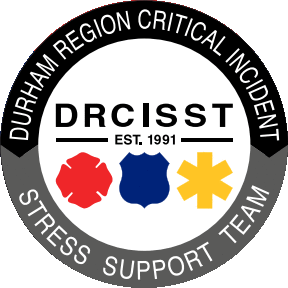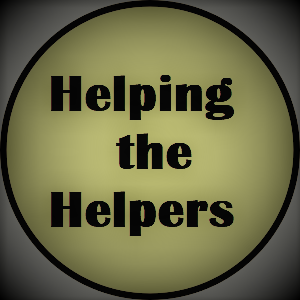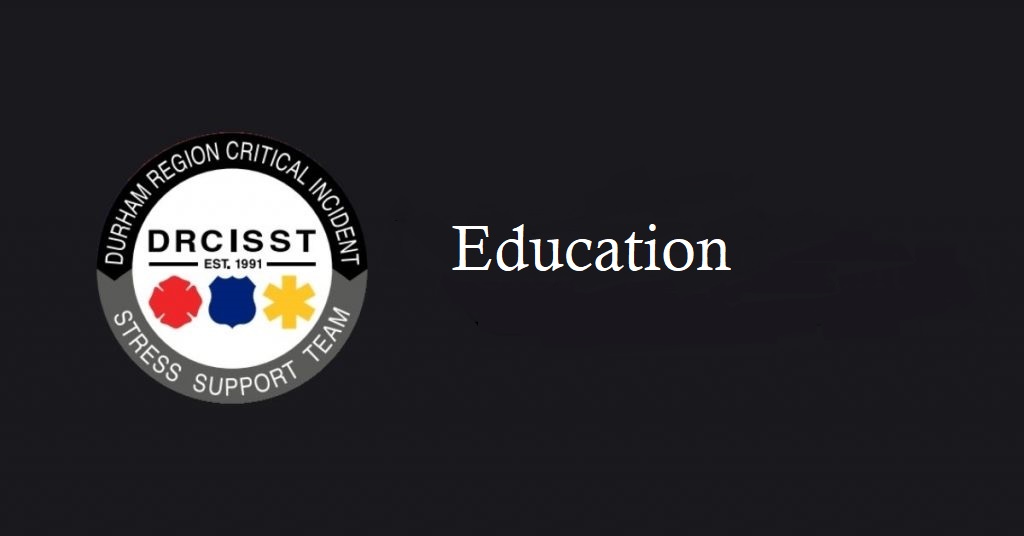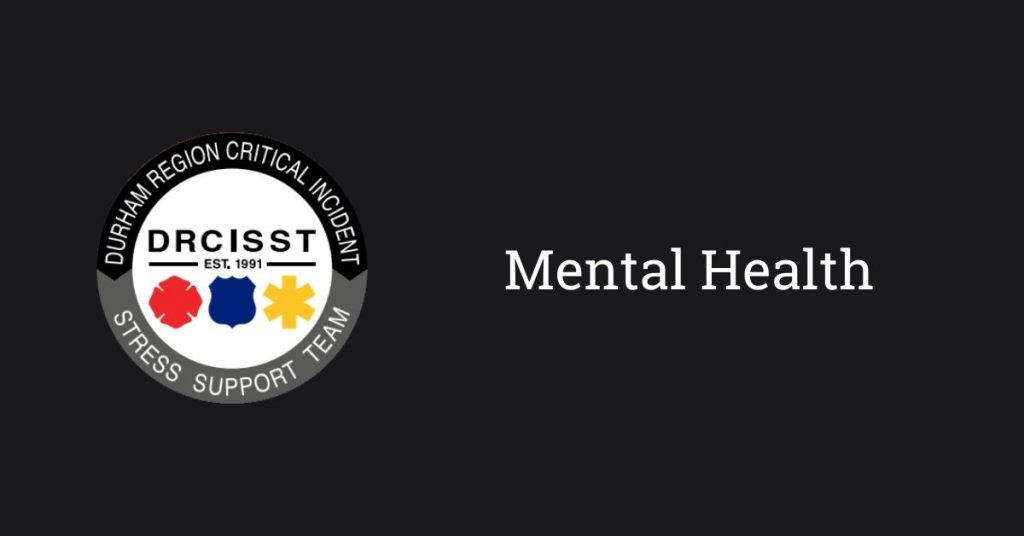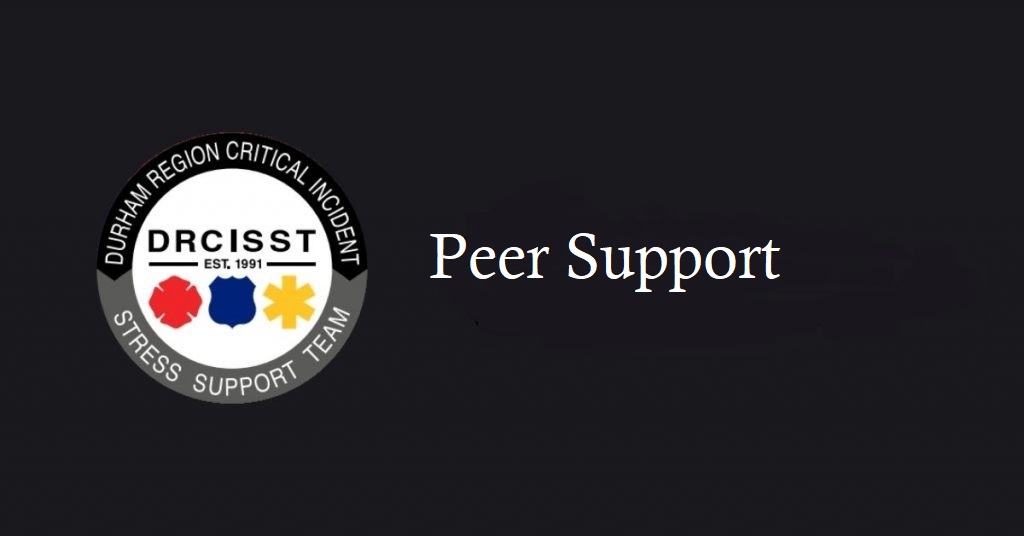We all react differently to the same event and there are also some general reactions many of us share. The most common reactions are shock, disbelief and numbness. No matter how often we may have discussed the impending death, no matter how close or distant we were to the person most of us say “I can’t believe it.” We then quickly remember the last time we saw that person. “I was just talking to him yesterday and everything seemed just fine”, or “When I saw her last, she looked so ill, I avoided her and didn’t even ask how she was feeling”, or “I wished I had not given him/her so much stress.”
We may feel guilty and wish we had said good-bye. We may wish our last conversation was different, and we had been nicer to them. As well, we might even feel guilty that we don’t feel badly at all.
When someone dies, there is sadness. This sadness could be for the person, the family left behind, or yourself. We may feel that the person has been cheated of their potential, robbed of the best years of their life. The family may feel abandoned, lost and lonely. We may feel an emptiness and find it hard to believe that they are gone forever.
When a death occurs, it is hard to know what to say to people left behind. There are no perfect words. It’s simply being there and willing to listen that really counts.
It is important to give yourself permission to experience all of your feelings and recognize that they are a normal part of grieving. This can be painful. There is often a tendency to push them aside and pretend they do not exist.
Look at Your Life
When someone at our workplace dies, we may experience our own mortality and feel anxious and vulnerable. “Hey this could be me” or “I wonder when my number will be up?” Looking inwards and examining our lives during times of grief is normal. This may lead to making new decisions about what really counts.
Feel the Sadness
When someone dies, our thoughts may drift to them throughout the day. This can affect our concentration. We may feel tearful and need to cry. This is an important part of the grieving process. We may think we see them by the water cooler or hear their voice in the hallway. These memories are to be expected and will occur most often immediately after their death.
Acknowledge your Anger
We also may feel angry at the person who has died, or at the circumstances surrounding their death. You may be thinking “Why didn’t he take better care of himself?”, “I told her to quit years ago, why didn’t she listen?”, “Why did they make him have that treatment, he was going to die anyway!” The anger is a normal part of grieving and needs to be acknowledged and acted on appropriately
Talk to Others
When we are feeling this way, there is often a wish to make these intense feelings disappear. We may resent the suggestion that we share these thoughts with our coworkers. But this expression is an important part of the healing process. Denying our feelings will only slow down our recovery.
Take Care of Yourself
We may find ourselves feeling detached and unconnected to the world around us. We may also feel very fatigued and sleep more than usual. Or we may have a lot of trouble sleeping, wake up during the night, and have bad dreams.
It is very important to take good care of ourselves when we are under this kind of stress. This means eating healthy foods, resting and sleeping, exercising and listening to our body’s needs. During these times, there can be a temptation to try to manage our feelings by using caffeine, cigarettes, alcohol and drugs. In most cases the benefits are short-lived, and overuse of any of these substances can lead to other kinds of problems.
The intensity and duration of our reactions will vary from person to person. Our family and friends may not attach much importance to what has happened and may not understand our reaction.
The Benefits of seeking Professional Assistance
Sometimes just talking to a professional EAP counsellor can help you regain a healthy perspective on the traumatic event you’ve just experienced.
